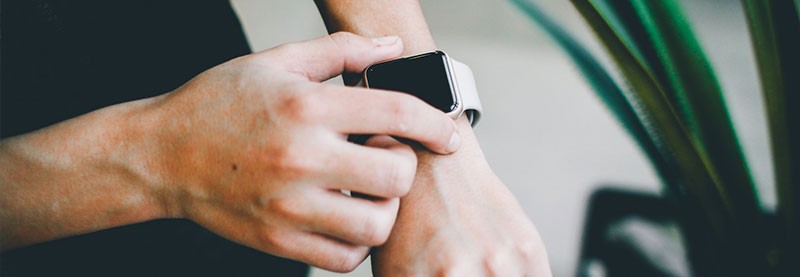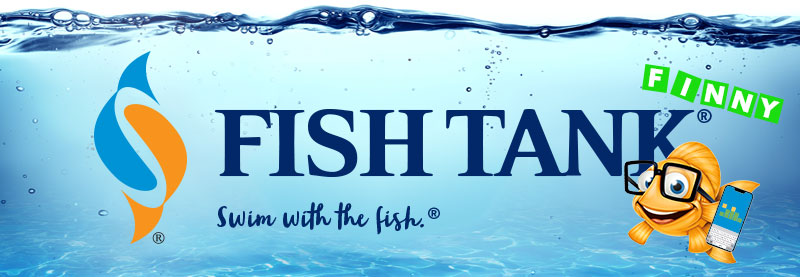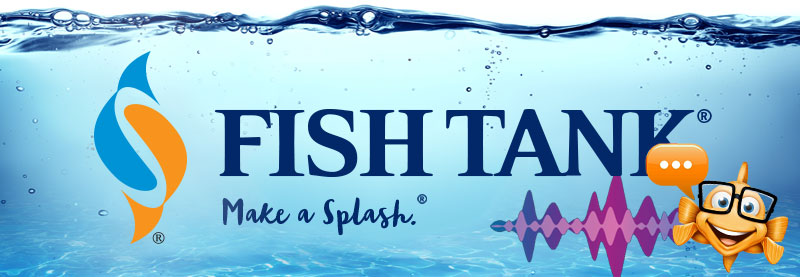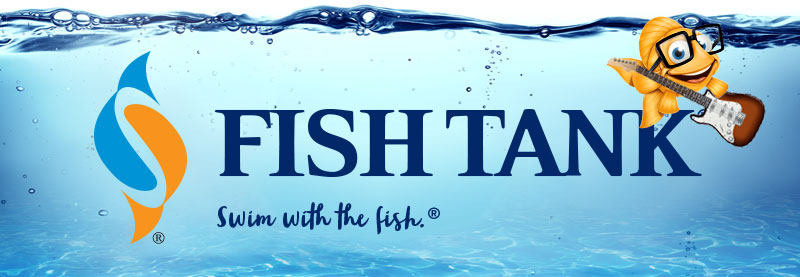Intellectual Property Insights from Fishman Stewart PLLC
Newsletter – Volume 23, Issue 28
Share on Social
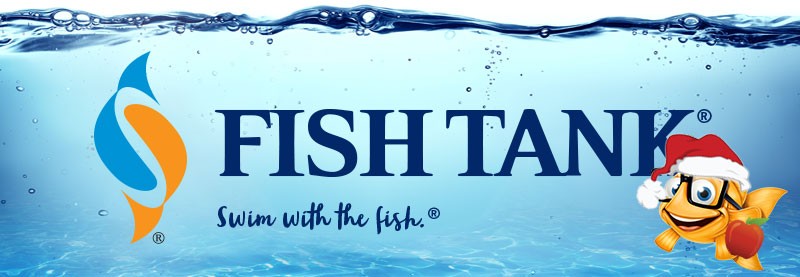
A Christmas Carol for Apple Watches: The Ghosts of Intellectual Property Past, Present, and Yet to Come
By Gregory Bussell
As last-minute shoppers dash to buy gifts for the holidays, they might encounter a snag in their plans as Apple smartwatches become elusive additions to their shopping lists. This Thursday, Apple is set to cease online sales of their popular Series 9 and Ultra 2 smartwatches, followed by a suspension of in-store sales on Christmas Eve.
The abrupt halt in smartwatch sales stems from an ongoing intellectual property dispute, thrusting Apple into a courtroom battle over proprietary rights to the health monitoring technology featured in their sought-after smartwatches. Playing the role of the Ghost of Intellectual Property Past in this legal saga is none other than the medical technology company Masimo, whose patents may come back to haunt Apple in its quest for increased Christmastime sales.
Masimo holds crucial patents pertaining to blood oxygen sensors, specifically U.S. Patents 10,912,502 (‘502) and 10,945,648 (‘648). The ‘502 and ‘648 patents, filed in 2020, have become the focal point of recent legal proceedings, compelling Apple to remove their smartwatches from shelves during the bustling holiday shopping season.
The Ghost of Intellectual Property Past paid a visit to Apple in October of this year, courtesy of a ruling by the US International Trade Commission (“USITC”). The ruling found Apple in violation of Section 337 of the Tariff Act of 1930. Section 337 allows the USITC to conduct an investigation to determine whether there is unfair competition in the importation of products into the United States.
Masimo’s ‘502 and ‘648 patents, both entitled “User-worn device for noninvasively measuring a physiological parameter of a user,” disclose inventions that utilize photodiodes and LEDs to conduct physiological measurements such as detecting oxygen levels.
Facing this legal setback, Apple is poised to appeal the ruling, unless they receive a reprieve from the Ghost of Intellectual Property Present, President Biden, who has the power to bring Apple good fortune this holiday season. Under the Tarriff Act, the USITC order becomes final after a two-month period, unless disapproved for policy reasons by a U.S. Trade Representative.
President Biden has delegated the review to U.S. Trade Representative Katherine Tai for consideration. Whether it comes from President Biden or Representative Katherine Tai, Apple awaits a veto that could ultimately allow Apple smartwatches to return to the shelves for those last-minute shoppers.
As Apple awaits the arrival of The Ghost of Intellectual Property Yet to Come, potential buyers may find assurance in making their purchases now rather than waiting for a resolution. In the spirit of seizing the moment, those considering an Apple smartwatch as a gift may find solace in the notion that a timely decision could be the key to securing a smartwatch before they potentially disappear from the market until the expiration of Masimo’s patents in 2028. Time, indeed, is of the essence, for this smartwatch brand.
Greg is an Associate with Fishman Stewart PLLC. Intellectual property law became Gregory’s focus due to its unique blend of creativity, innovation, and legal intricacies. Protecting the rights of creators, inventors, and businesses allows him to be at the forefront of promoting progress and innovation in various industries.
Related Content from Fishman Stewart
Car enthusiasts are buzzing about Alfa Romeo's latest SUV which is also its first EV (plus a hybrid option). Initially branded as “Milano,” the name was changed to "Junior" after it was announced that the car would be produced in Poland.
The online word game Wordle was created in 2021 by Josh Wardle and quickly rose in popularity. Players receive a new puzzle daily with six chances to correctly guess a five-letter word of the day with limited clues.
In a recent decision, the U.S. Court of Appeal for the Eighth Circuit affirmed a jury verdict holding that the use of the "Success Kid" meme by a congressman's reelection campaign for fundraising purposes did not qualify as fair use.
In February 2024, proposed legislation was introduced in US House of Representatives which would extend copyright protection to golf courses. The bill is titled “Bolstering Intellectual Rights against Digital Infringement Enhancement Act” or the “BIRDIE Act”.
OpenAI recently held a live demonstration of a new ChatGPT version that included the use of an AI personal assistant voice dubbed “Sky.” Many observers compared Sky to Scarlett Johansson’s voice in the 2013 Spike Jonze romantic sci-fi film “Her,” which centers on a man who falls in love with the female voice of his computer’s operating system.
June is Pride Month, which honors the 1969 Stonewall Uprising in Manhattan and recognizes the impact that lesbian, gay, bisexual, and transgender (LGBTQ+) individuals have had on history locally, nationally, and internationally. The United States Patent and Trademark Office flies the Pride Flag and promotes the Pride community’s contributions with programming offered annually.
First-time inventions have led inventors to great successes throughout history, sometimes immediately, sometimes after several more attempts at more useful inventions. In the U.S., two very famous inventors with contrasting first-time experiences are Thomas Edison and Alexander Graham Bell.
June is Pride Month. This year we are celebrating with some IP tips for drag performers! Drag performers can protect their intellectual property by registering the copyrights in their original works of music, choreography, and comedy sketches.
Bands often start out as creative endeavors among friends, and bands may not prove lucrative for many years, if at all. Until bands break up, thought and planning may not be given to who is the owner of the band names and entitled to use them going forward.
You’re rarely more than a few yards from Finny’s favorite chips, semiconductor chips to be precise. But what exactly is a semiconductor chip?
IDENTIFYING, SECURING AND ADVANCING CREATIVITY®


